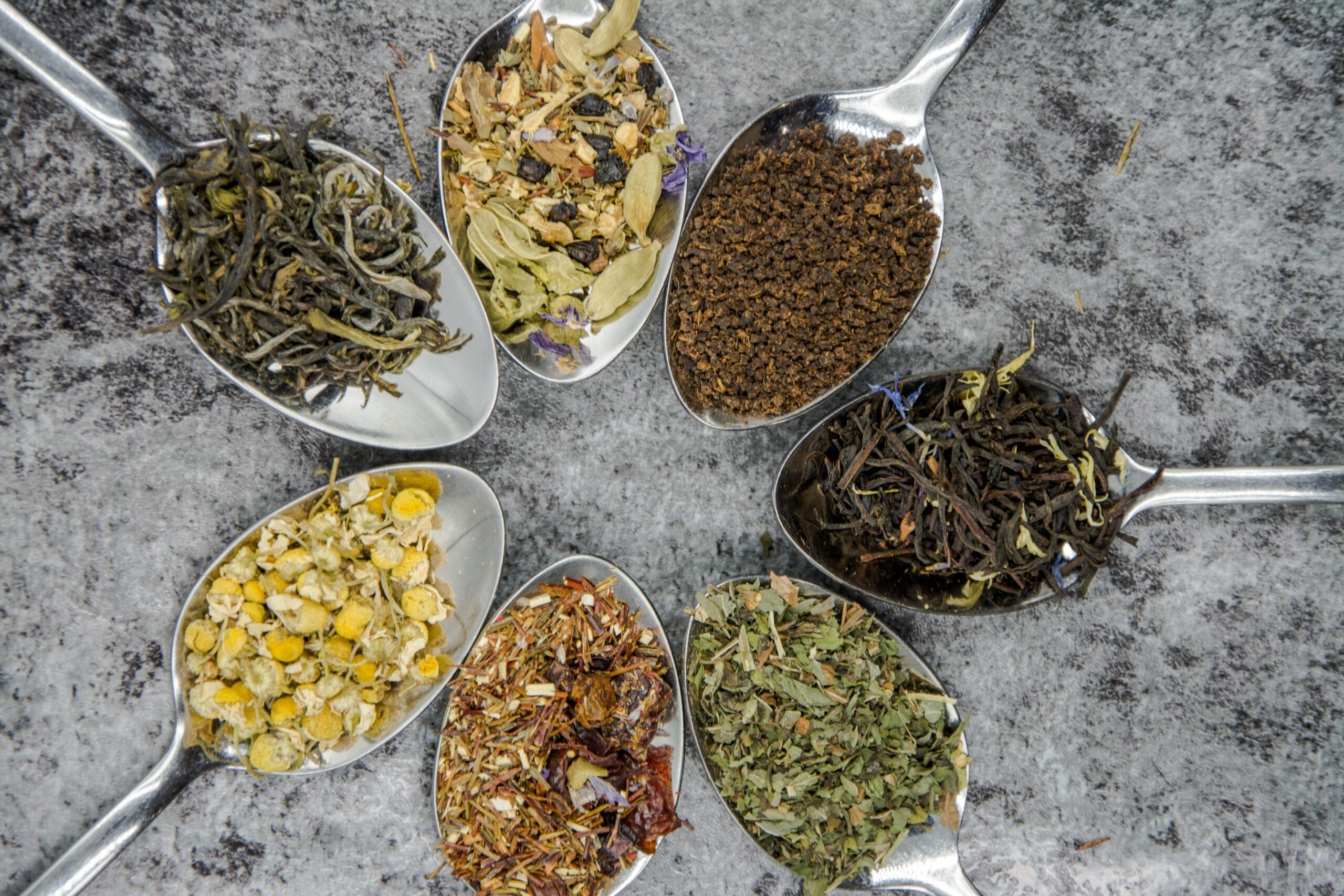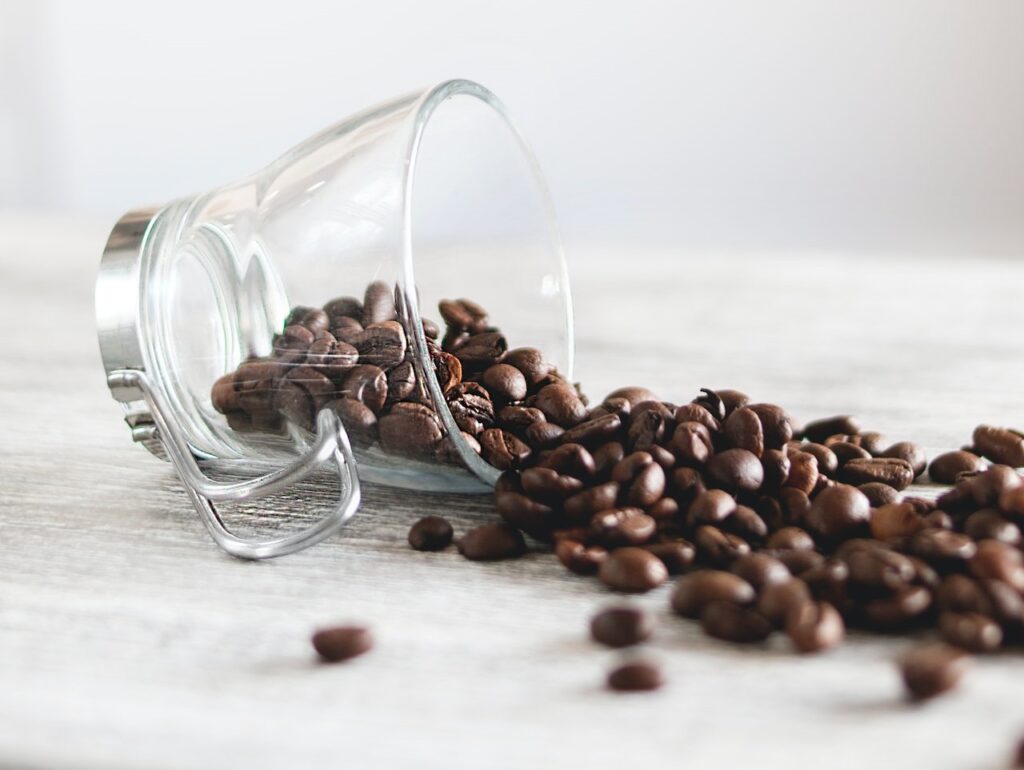Can Coffee Break Your Fast? A Simple Solution For Drinking Your Coffee Right
Nutrition • February 10, 2022 • 9min read

Coffee is the second most-consumed beverage in the world (after water). And it wouldn’t be this famed and enjoyable unless it didn’t have beneficial health effects.
Besides the physical and mental restfulness you receive after a cup of joe, coffee carries numerous cures for age-related issues. A moderate amount of coffee a day enhances your overall well-being and plays a substantial role in longevity.
We can state the same for intermittent fasting (IF), which improves your health and lifespan by cleansing your body inside out. IF is a very widespread dieting pattern (typically 16 hours fasting, 8 hours eating), helping millions of people looking for methods of how to lose weight, restrict calorie intake, improve gut microbiome, and slow down aging.
The growing interest in practicing intermittent fasting brings several questions among morning coffee lovers. Although you can benefit from combining coffee and intermittent fasting, there are several precautions to consider.
The truth is, coffee can break your fast If you don’t time and prepare for it right. We are going to give you a simple solution to how to drink your favorite drink without breaking your fast and harming your empty stomach.

Coffee Doubles The Effects Of Intermittent Fasting
Anyone who likes drinking coffee daily knows its beneficial effects. Moreover, if you consume coffee while practicing intermittent fasting you can double the health results and increase your lifespan. Also, people following the fasting-and-coffee pattern say that coffee suppresses their appetite easing the fasting process.
One of the main reasons many people practice IF is to lose weight. Surprisingly enough, coffee goes hand in hand with intermittent fasting when it comes to weight loss. Yet, coffee alone has a low impact on weight loss but if sipped while fasting it can considerably enhance the excess weight shedding.
What’s more, a line of noteworthy studies asserts the pro-longevity properties of a moderate amount of lifelong coffee drinking. The benefits include:
- Reduced risk of cardiovascular diseases and stroke
Not surprisingly, intermittent fasting is tightly connected with reducing the risks of cardiovascular diseases and stroke, hence, prolonging your healthspan. Studies on human and animal models confirm that calorie restriction and weight loss due to IF hinder obesity and diabetes.
The latter two are one of the main reasons for the development of heart diseases and stroke which can be inhibited with intermittent fasting and proper amount of coffee intake- 2-3 cups a day.
- Reduced risk of type 2 diabetes
A study conducted with 10 people (9 female and 1 male) indicates the positive consequences of short-term intermittent fasting among patients with type 2 diabetes (T2D). During the average 6 hours eating period, study participants ate caloric-restricted, low-fat food.
The 2 weeks of intermittent fasting with caloric restriction and low glucose intake documented insulin sensitivity among people with Type 2 diabetes. Also, combining Intermittent fasting with 2-3 cups of coffee a day reduced the mortality probability from T2D by 19%.
For simultaneous effects for slow aging, consider daily 3 cups of coffee with your fasting schedule to distract the advert consequences of T2D.
- Reduced risk of inflammation and oxidative stress
Another study was conducted with young individuals while some of them had excess weight. During the one-month practice of 16 hours of fasting and 8 hours of eating window, saliva samples were collected from the volunteers.
The test analysis indicated weight loss and anti-inflammatory outcomes due to intermittent fasting. It is worth mentioning that volunteers combined intermittent fasting with moderate physical activity which enhances the effectiveness of IF in association with oxidative stress.
Due to the compounds present in coffee, it is considered to be a strong antioxidant and anti-inflammatory drink. Research connects the proper amount of coffee intake and IF with reduced inflammation.
So, by combining physical activity, intermittent fasting, and coffee you can regulate your body weight, inflammation, and oxidative stress at the same time.
- Reduced risk of Alzheimer’s and Parkinson’s diseases
Scientists suggest, that less than 5 cups of coffee a day is connected to a lower chance of mental decline, Alzheimer’s, and Parkinson’s diseases. Likewise, intermittent fasting is famous for improving brain health.
You can enrich the effects of IF for brain health by adding fatty fish (a source of omega-3), blueberries, broccoli, turmeric (antioxidants), nuts (vitamin E), and of course coffee to your diet.
Now you know, that coffee and intermittent fasting enhance your longevity, fight radioactive oxidative species (ROS), and cleanse your guts for a healthier metabolism. But you need to be cautious about the negative consequences of drinking coffee on an empty stomach. However…
Brewing your coffee according to certain methods can ensure you won’t break your fast or harm your empty stomach.

Drink Morning Coffee This Way Without Breaking Your Fast
Are you concerned about breaking your fast if you drink coffee during the 14 hours of fasting? We have good news for you.
Drinking coffee will not break your fast if you drink black coffee without any additives (sugar, honey, or milk). The reason is black coffee contains low calories (almost 3 calories) and this amount is insignificant to affect your intermittent fasting endeavors.
But what if you don’t like your morning coffee flat? Here are recipes for delicious morning coffee to maintain your fast.
- Add a teaspoon of cinnamon, nutmeg, or cocoa to your morning coffee. Besides making your coffee tastier, these ingredients will complement your intermittent fasting with their antioxidative factors.
- You can add a pinch of Himalayan salt to your coffee. This type of salt is known for having numerous health benefits including improvement of respiratory disorders, balanced blood sugar, and even improved sleep.
Plus, Himalayan salt is claimed to have anti-aging impacts and is a better choice than regular salt. This is a perfect ingredient for your intermittent fasting diet.
- Coconut oil or almond milk will make your coffee flavorous and creamy. Both of these ingredients help you burn fat as they are low in calories and improve skin health.
Coconut oil alone is effective for seizing your appetite (perfect feeling while fasting). Almond milk is rich in Vitamin D which is essential for your bones.
Consequently, try to avoid any sort of artificial sweeteners, as well as honey (made up mainly of glucose and fructose), which immediately breaks your fast. Even more, exclude additives and an excess amount of coffee on an empty stomach to avoid possible harmful outcomes.

Why Should You Avoid Coffee On An Empty Stomach?
As you already know, coffee is a powerful drink for your health and longevity. A proper amount of daily coffee (2-3 cups) prevents age-related issues and slow aging. But…
Numerous nutritionists warn about the damaging issues associated with morning coffee on an empty stomach. These issues include:
- Digestion disorder
- Acidity and heartburn
- Low serotonin levels, anxiety, and depression
- Dehydration
- Increased cortisol levels and insomnia
Each of these unfavorable outturns can be inhibited with a simple solution. But first, let us understand your body functions the moment you wake up.
Your body produces cortisol at specific hours of the day. When you get up in the morning the cortisol levels start rising. You do not want to feed your body with more cortisol and trigger stress by filling coffee on your empty stomach.
Alas, this is not effective if you want to boost your energy levels, moreover, it is going to leave negative consequences throughout your day in the form of potential anxiety and stress.
According to Geoffrey James, if your normal morning wake-up schedule is at 8-9 a.m. your cortisol starts spiking during the next 1 hour. And you may need to wait for an hour before drinking your coffee.
Do you agree, that this can be challenging if you have low energy after a deprived sleep (which happens oftentimes) and are craving the morning cup of joe? But below we have a list of easy solutions to this problem.
- If you are on 14-16 hours fasting period start your morning with a glass of water. You can even add lemon to your water to make it not only tasty but also beneficial for your immune system.
By doing this, you can shut the hunger for some time before the first sip of the coffee. In addition, you will effectively solve diuretic side effects (making you want to urinate frequently) and possible dehydration.
- Another simple solution is keeping yourself busy after the first spike of cortisol. Consider doing light exercises, short walks with your four-legged friend, or taking a refreshing shower.
Physical activity is tightly connected with serotonin production and stress reduction. Can you see how you shrank that one hour before your most-desired cup?
- But if you are not practicing any type of diet including intermittent fasting, consider having a nutritious breakfast or at least a light snack before disturbing your empty stomach with coffee. This can help you bypass possible digestive disorders.
- Based on the above-mentioned sleeping schedule, you should drink your coffee from 9 to 11.30. But keep a moderate amount of 2-3 cups a day to avoid the probable harmful outcomes. Moderate coffee consumption is effective in preventing acidity and heartburn.
- Also, you are maybe well aware that you should avoid drinking coffee after 2 p.m. or 10 hours before sleep. You will fall asleep (though after maybe a long awake hours), yet your sleep will not be sound. By avoiding afternoon coffee you evade insomnia and unnecessary high cortisol levels.
Thus, we can conclude that coffee is a healthful drink to prolong your lifespan, though its beneficial effects turn into harmful side effects in case of improper consumption. Coffee on an empty stomach might be harmful to your inner environment.
But by following the recommendations of when and how to drink your favorite drink, you can boost its health impacts. Depending on the time you drink your coffee you can reduce or increase its beneficial impacts.
The suggested methods of coffee consumption will help you get the most out of your daily morning drink. Meanwhile, you will start noticing the benefits of this strong antioxidant. You may also add NMN supplements to your morning routine and coffee consumption to add extra years to your lifespan and enhance your longevity.



